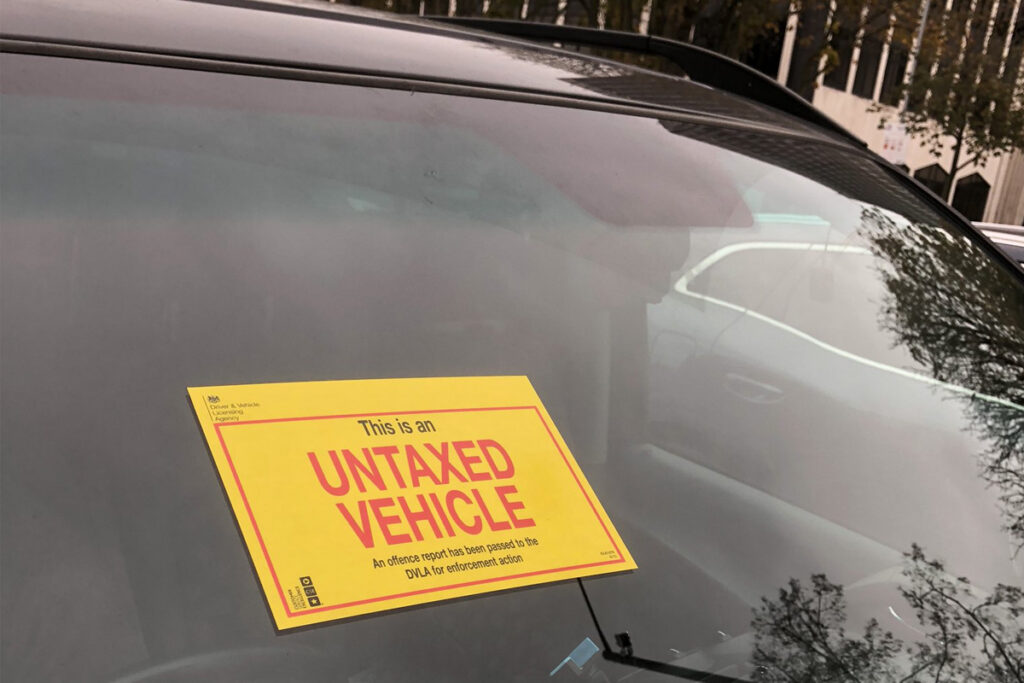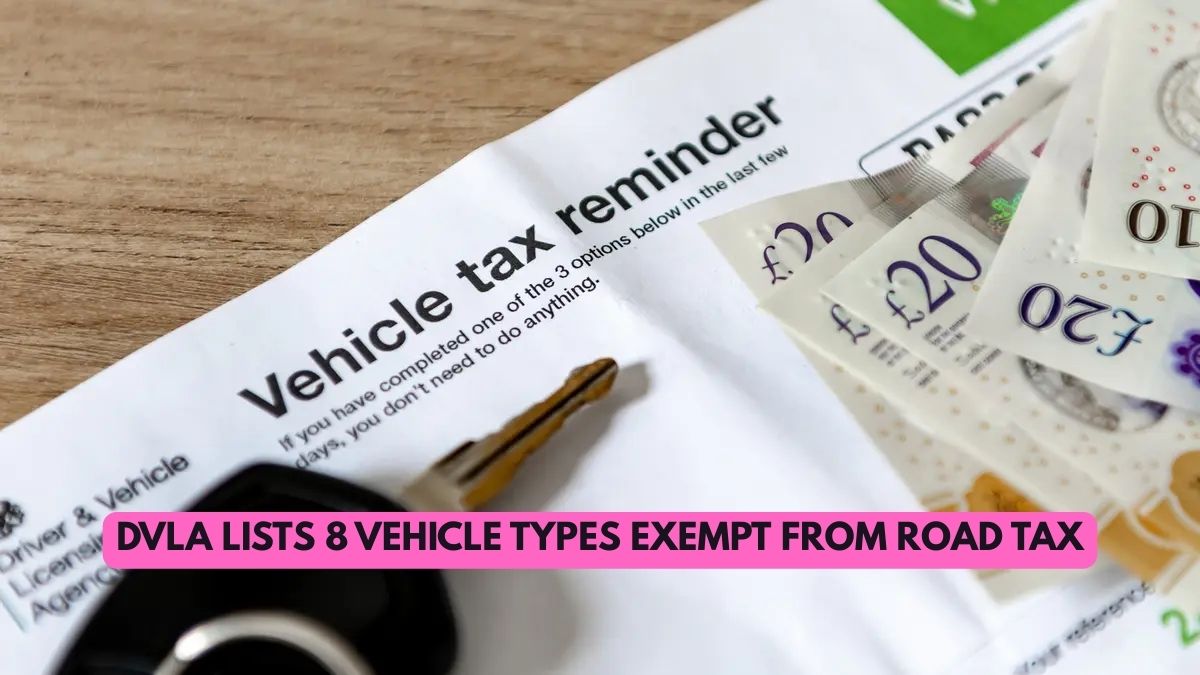When it comes to road tax, or Vehicle Excise Duty (VED), most vehicles in the UK are required to pay. However, there are specific exemptions, and the Driver and Vehicle Licensing Agency (DVLA) has clearly outlined the types of vehicles that don’t need to pay road tax.
These exemptions are generally designed to support certain groups, promote environmental goals, or reflect the limited use of certain vehicles. In this article, we explore the eight types of vehicles exempt from road tax and the criteria that apply to each.

1. Vehicles Used by Disabled People
One of the most well-known exemptions is for vehicles that are used by disabled people. Individuals receiving certain disability benefits can apply for a VED exemption for one vehicle. The vehicle must be used solely for the purposes of the disabled person.
To qualify, the applicant needs to provide the necessary documentation, including proof of disability benefits. This exemption allows those with mobility issues to maintain their independence without the added burden of road tax.
For more information on applying for a disabled vehicle tax exemption, visit gov.uk on disability vehicle tax.
2. Disabled Passenger Vehicles
In addition to personal vehicles, there are also exemptions for vehicles used by organizations that provide transport services for disabled people. These vehicles, including minibuses and certain adapted cars, are exempt from VED if they are used solely for the transport of people with disabilities.
The DVLA has specific guidelines about what qualifies under this exemption, which can help organizations understand their eligibility.
Learn more about this exemption from gov.uk.
3. Historic Vehicles
Vehicles that are 40 years or older are eligible for the historic vehicle exemption from VED. The rule applies to vehicles manufactured before January 1, 1985, which have been classified under the ‘historic tax class’ by the DVLA.
This exemption aims to preserve the heritage of classic cars, motorcycles, and other vehicles, reducing the financial burden on enthusiasts and collectors. It’s important to note that buses and goods vehicles used commercially do not qualify under this exemption.
4. Mobility Vehicles and Powered Wheelchairs
Vehicles such as mobility scooters and powered wheelchairs that are used by individuals with mobility impairments are exempt from VED.
These vehicles are typically limited to a maximum speed of 8 mph on the road and have a special device that limits them to 4 mph on footways.
This exemption allows disabled individuals to maintain independence, particularly in areas where they may need to travel short distances.
To read more about exemptions for mobility vehicles, visit gov.uk.

5. Vehicles Used for Agriculture, Horticulture, and Forestry
Certain vehicles that are used exclusively for agricultural, horticultural, or forestry purposes are exempt from VED. This includes tractors, agricultural engines, and light agricultural vehicles.
These vehicles must only be used on public roads for short distances and must be employed in specific tasks related to agriculture or forestry.
This exemption helps support the rural economy, where such vehicles are essential for farming and forestry work.
For more details, see gov.uk.
6. Electric Goods Vehicles Registered Before 1 March 2015
Electric goods vehicles that were registered before 1 March 2015 are also exempt from road tax. This exemption is designed to encourage the use of electric vehicles (EVs), promoting environmental sustainability.
Electric goods vehicles are often used in urban settings for deliveries and can have a significant impact on reducing emissions. However, note that this exemption no longer applies to electric vehicles registered after 2015.
7. Special Types Vehicles
Special types vehicles, which do not meet the Construction and Use Regulations but are allowed on the road under a special order, are also exempt from VED.
This category includes vehicles used for specialized tasks like road construction, which are limited in terms of how and where they can be used.
These vehicles are often needed for short-term tasks but cannot operate as regular road-going vehicles.
8. Certain Agricultural Vehicles in Clean Air Zones
Certain agricultural vehicles are exempt from charges in Clean Air Zones, provided they meet specific environmental criteria. These vehicles typically do not meet the standards required for conventional road tax but are crucial for agricultural work. This exemption encourages the use of environmentally friendly practices while supporting farming communities.
Conclusion
The DVLA has outlined several vehicle types that are exempt from road tax, ensuring that individuals and organizations that meet specific criteria can avoid this financial burden.
Whether it’s vehicles used by disabled individuals, historic vehicles, or specialized agricultural machinery, the goal is to support a range of sectors and promote sustainability.
For those who believe they may qualify for an exemption, it’s important to review the DVLA guidelines and apply for the exemption where applicable. Make sure you have the correct documentation and meet all the necessary criteria to benefit from these exemptions.
This article has been carefully fact-checked by our editorial team to ensure accuracy and eliminate any misleading information. We are committed to maintaining the highest standards of integrity in our content.

Deepak Grover is a dedicated content writer at OTE News, specializing in government affairs, public policy, and current events. With a keen eye for detail and a passion for factual reporting, he ensures readers receive accurate and insightful news. Deepak holds a degree in Political Science and has experience in research-driven journalism.
When not writing, he enjoys reading historical books, exploring hiking trails, and staying updated with global political trends. His commitment to ethical journalism makes him a trusted voice at OTE News.




